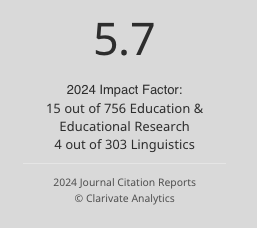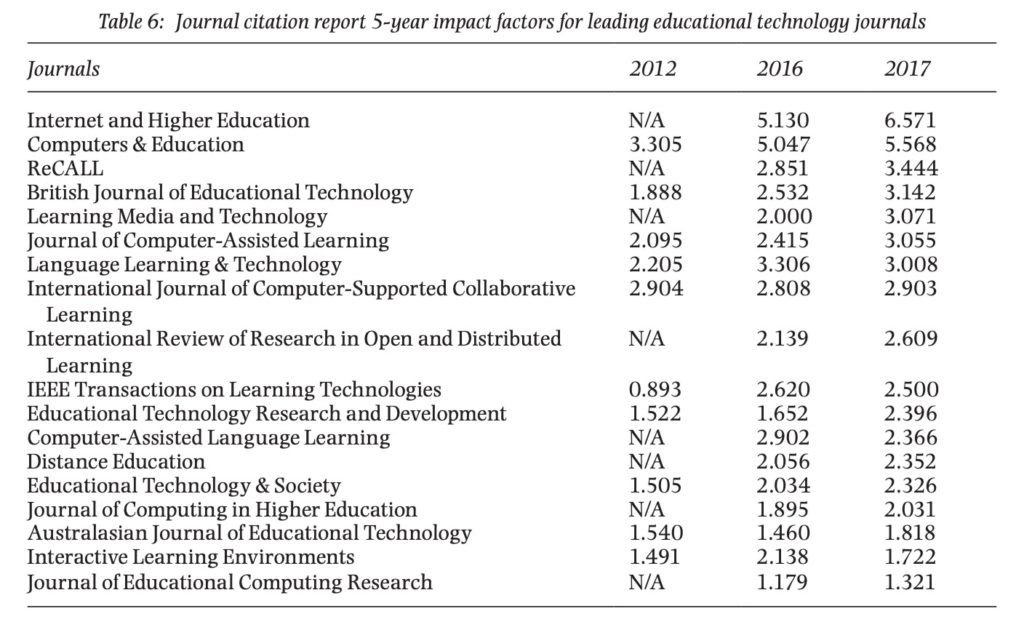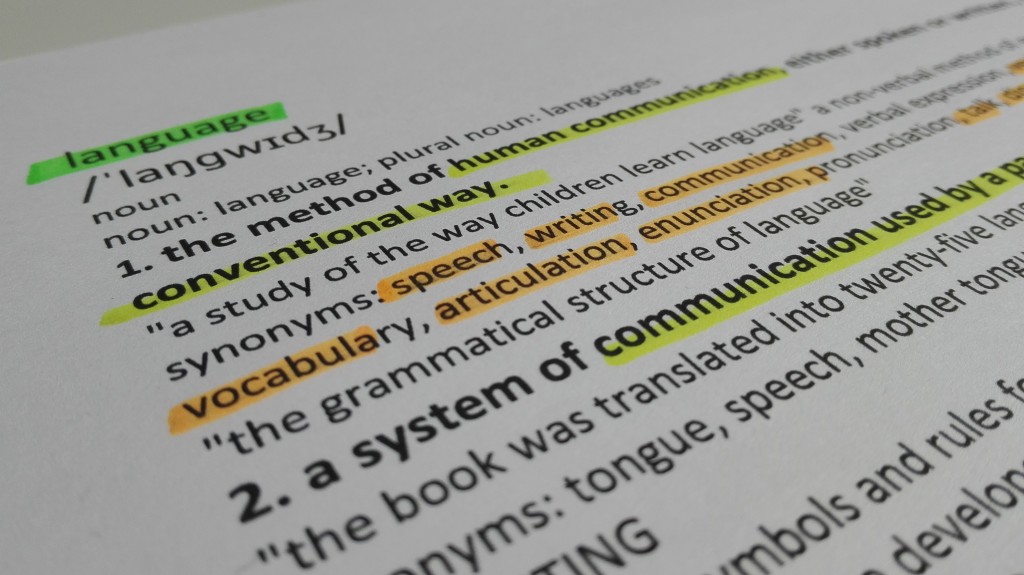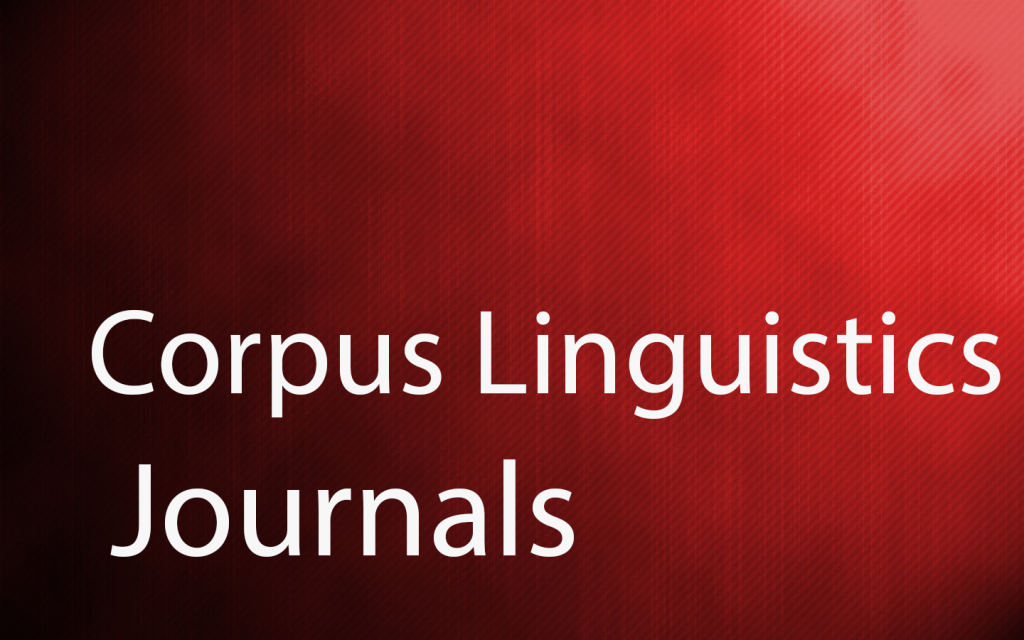
Editors-in-Chief: Alex Boulton Université de Lorraine, France and Pascual Pérez-Paredes Universidad de Murcia, Spain
ReCALL is the journal of the European Association for Computer Assisted Language Learning (EUROCALL). It is published by Cambridge University Press.
It seeks to fulfil the stated aims of EUROCALL as a whole, i.e. to encourage the use of technology for the learning and teaching of languages and cultures, and especially the promotion and dissemination of innovative research and practice in areas relating to CALL including, but not limited to: Applied Linguistics, Corpus Linguistics, Digital Pedagogy, Digital Literacies, Computer-Mediated Communication, Learning Analytics, Second Language Acquisition, and Educational Science.
The journal publishes research articles that report on empirical studies (quantitative, qualitative, or mixed methods), as well as occasional rigorous meta-analyses or other syntheses or surveys, and papers that make substantial contributions to theoretical, epistemological or methodological debates. Typical subjects for submissions include foreign or second language learning and development in technology-enhanced learning environments and practical applications at developmental stage, with firm theoretical anchoring in CALL; evaluative studies of the potential of technological advances in the delivery of language learning materials and enactment of language learning activities; and discussions of theory, policy or strategy at institutional and disciplinary levels with clear connections to technology-mediated language learning.
ReCALL is a Gold Open Access journal.



